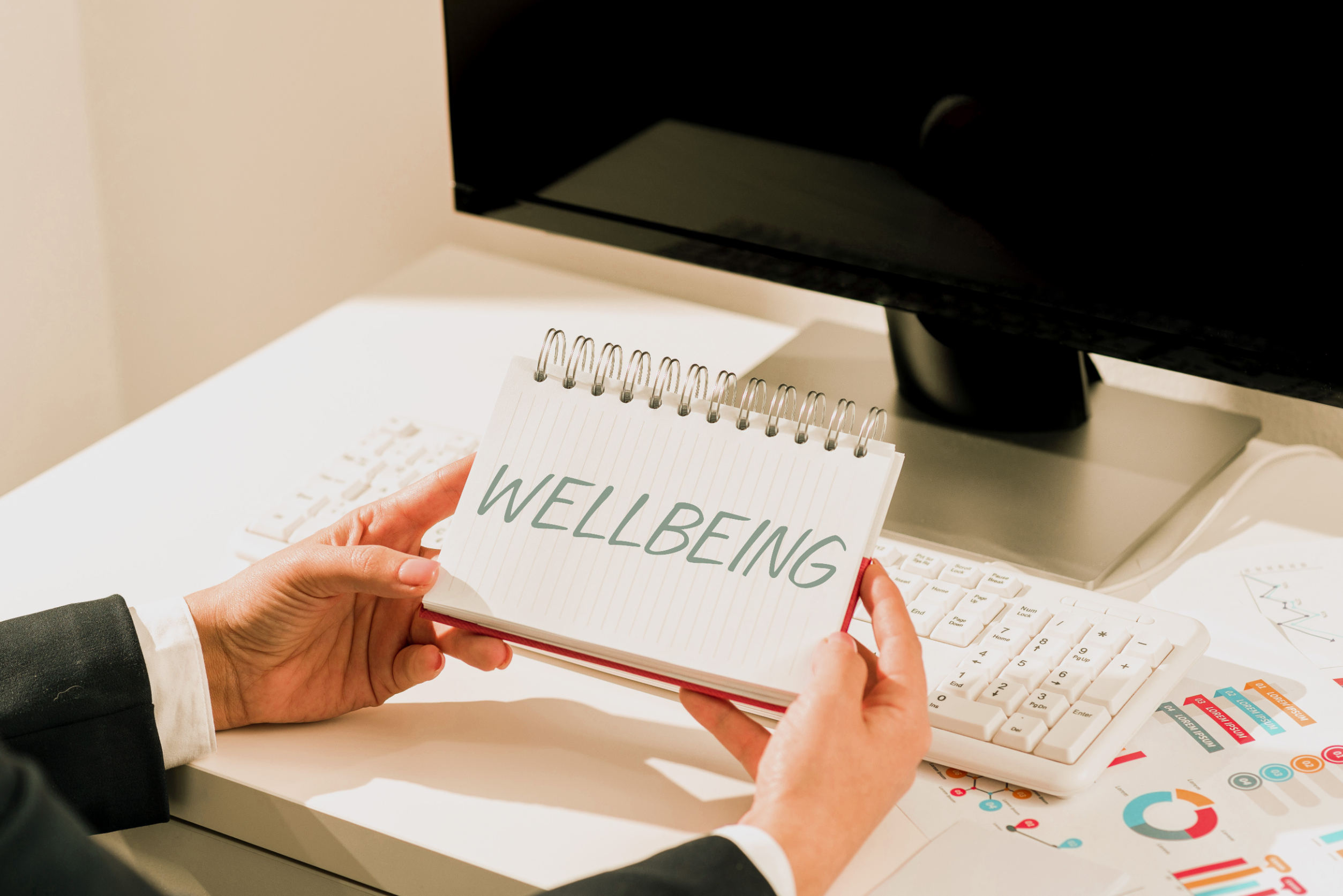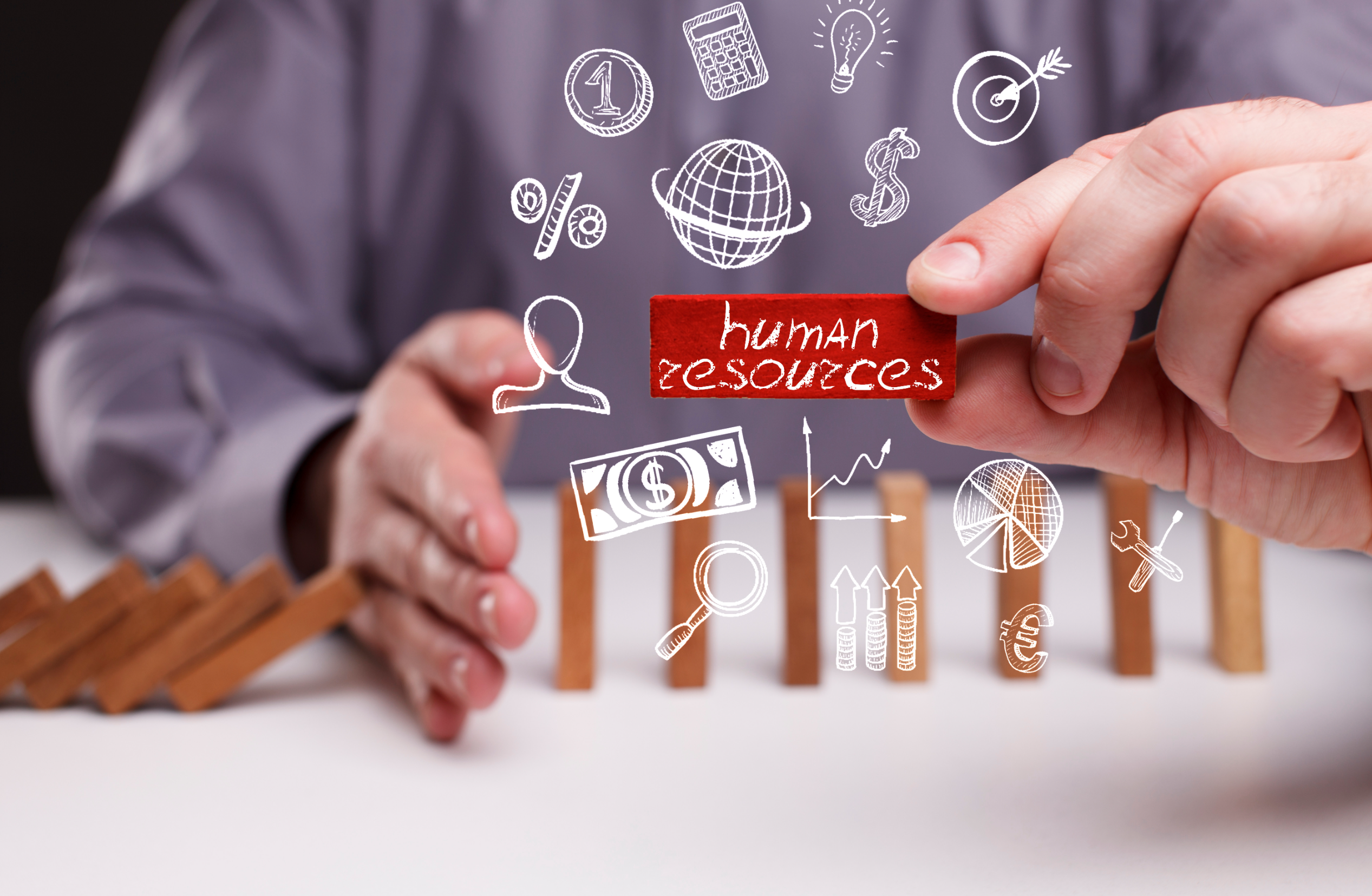Workplaces in Australia urged to prioritise wellbeing
- Josephine Tan

Psychological safety and wellbeing are the cornerstones of a thriving workplace, and recent findings from the 2023 Australian Workforce Survey underscored their critical importance.
Conducted by the Australian Psychological Society’s (APS) College for Organisational Psychology, in partnership with the Future of Work Institute at Curtin University, the survey found a quarter of employees feel either slightly unsafe or neutral in their workplaces, with one-fifth believing their employers do not prioritise their wellbeing. Moreover, smaller private organisations outperform their larger counterparts, offering higher levels of psychological safety.
There was also a significant disparity between managerial and employee perceptions of workplace training, with 78% of leaders perceiving effective preparation for the future of work, compared to only 53% of employees who agreed. Older employees and those in specific sectors like professional scientific and technical services, expressed greater confidence in training, autonomy, and adaptability compared to their younger counterparts and those in retail and manufacturing.
The survey further revealed that self-employed and work-from-home individuals exhibited the highest job satisfaction, while those identifying as LGBTIQ+ and people with disabilities reported the lowest satisfaction levels.
READ MORE: Psychological safety: What employers need to know
Dr Zena Burgess, CEO of APS, emphasised the positive impact of remote work but cautioned against its uneven distribution across the economy. She said, “Successful workplaces of the future belong to organisations that have leaders who share their visions and are empathetic and inclusive.”
In response to these findings, APS recommended organisations invest in leadership development, support adaptation and resilience, prioritise feedback, cultivate supportive cultures, reduce bureaucracy, and focus on employee safety and wellbeing. Additionally, the importance of preparing employees for the future through skill development, embracing technology, and fostering a learning environment is underscored.






